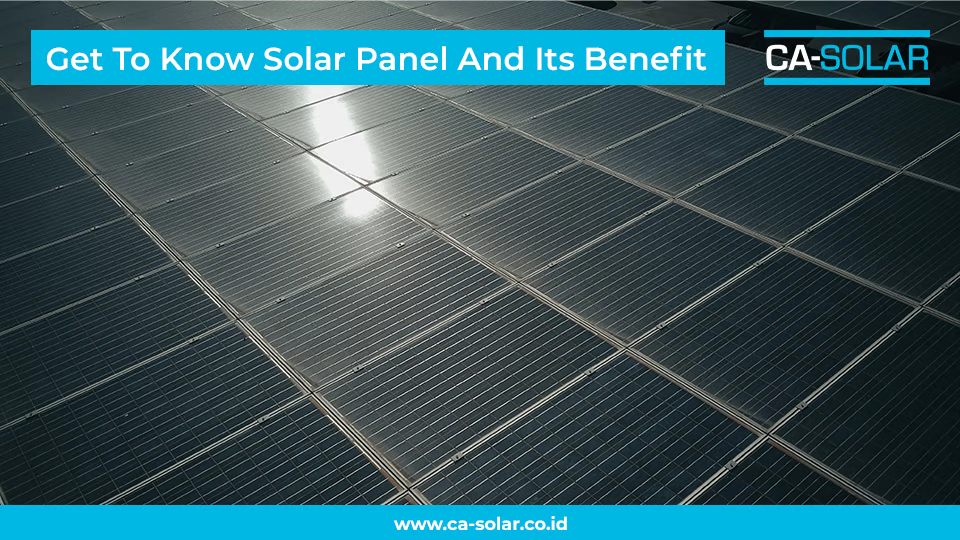Get To Know Solar Panel And The Advantage Of Solar Panel

Solar panels are a great way to reduce your carbon footprint and save on energy costs. But how do solar panels work? And what are the different types of solar panels?
Solar panels are devices that convert sunlight into electricity. They are made up of a series of cells that absorb the sun’s rays and convert them into electrical current. Solar Panels are composed of photovoltaic cells, which are arranged in a grid-like pattern on the face of the solar panel. Solar panels are a clean and renewable source of energy, and they can be used to power homes, businesses, and even vehicles.
Solar panels are an increasingly popular choice for those looking to reduce their carbon footprint and move to renewable energy sources. Solar panels have a number of advantages, including being environmentally friendly, low maintenance, and durable. Solar panels convert sunlight into electricity, it can be used in a variety of applications, including calculators, water heaters, and, most notably, as a power source for homes and businesses.
Solar panels are an increasingly popular way to generate electricity, especially as the cost of installation has come down in recent years. Solar panels work by converting sunlight into electrical energy that can then be used to power your home or business.
There are a few things to consider when choosing solar panels, such as what type of solar panel is best for your needs and what size solar panel system you will need. This blog will provide an overview of solar panels and their types to help you make an informed decision about solar power for your home or business.
There are two main types of solar panels: photovoltaic (PV) panels, which generate electricity, and thermal solar panels, which are used to heat water. PV panels are the most common type of solar panel used in residential applications.There are two materials types of solar panels: crystalline silicon panels and thin-film panels. Crystalline silicon panels are the most common type of solar panel, and they are made up of silicon cells. Thin-film panels are made up of a thin layer of solar material, such as cadmium telluride or amorphous silicon.
Solar panels have a number of advantages, including that they are renewable, efficient, and low maintenance. However, there are also some disadvantages to solar panels, such as the initial cost and the fact that they require a sunny location. All of this can be overcome easily in Indonesia because the Government has supported the use of solar panels as renewable energy and Indonesia is located in an equatorial region that has a high capacity to capture sunlight.